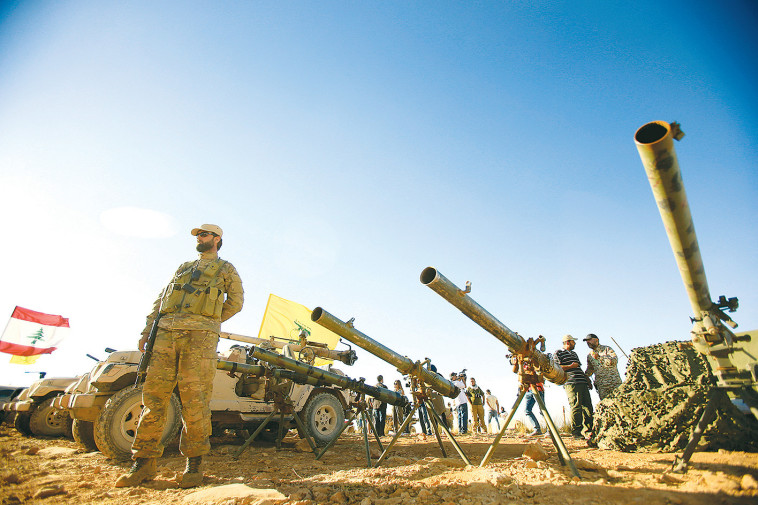French President Emmanuel Macron put strong pressure, following which George Karadhi, the Lebanese Minister of Information, resigned, much to the chagrin of the Hezbollah organization that supported him. As you may recall, Karadhi spoke out against the Saudis and angered them so that the winds had calmed down. The French president paid a brief visit to Saudi Arabia and managed to issue a joint statement from the Saudis. Although the statement talks about various Middle Eastern issues, it shows Saudi Arabia’s fingerprints on the Lebanese issue.
The declaration demands that weapons in Lebanon be held exclusively by official institutions, ie the military, and that Lebanon continue to operate under the 1989 Taif Agreement (named after the city of Taif in Saudi Arabia), which put an end to the 1975 civil war.
Ostensibly before us stepping in place, But also a novelty: Saudi Arabia’s soul has been uprooted from Lebanon and it will not hesitate, as it has already done, to take painful measures against it. She sees Hezbollah as the source of the cedars’ illness. She believes a rigid stance will eventually persuade the Lebanese population to keep their distance from Hezbollah. The French president sees further. He wants to change the political structure in Lebanon to weaken and even undo Hezbollah’s power and make Lebanon a source of stability in the Middle East. In the eyes of the French president, a fundamental change in Lebanon’s attitude toward Israel is also needed.
Macron’s worldview necessitates opening up for discussion a very sensitive issue that I doubt if the current political echelon in Beirut is ready to open at the moment. One is the change in the egalitarian governmental structure between Muslims and Christians. Muslims are known to include Shiites and Sunnis together. According to Macron, they should be the absolute majority, and Lebanon should be a Muslim state. Christians, led by President Michel Aoun, oppose it.
Another issue that needs to be discussed is the issue of Hezbollah’s weapons. There is currently no military force in Lebanon that can deal with Hezbollah. Another issue is the abandonment of the Taif agreement to create Lebanon for Lebanese, no matter what their ethnicity. It sounds utopian, and indeed it is. To reach this coveted goal revolve around ideas that are still immature. One of the ideas is to return to the agreement reached in 1958, after the Civil War, according to which senior army officers will be appointed to key positions in the country. For example, the commander of the army, Joseph Aoun, will be appointed president, and General Abbas Ibrahim will be appointed speaker of parliament. There is even a far-reaching thought to give Hezbollah key positions in power in exchange for disarming it. Another thought of the head of the Christian Church is the convening of a binding international conference.
 Hezbollah fighters in southern Lebanon (Photo: Reuters)
Hezbollah fighters in southern Lebanon (Photo: Reuters)Meanwhile, Iran is following developments quietly. Hezbollah has refrained from provocations at this stage. Only Saudi Arabia urges the new Lebanese government to embark on real reforms in the areas of finance, energy, the fight against corruption and the border issue to prevent smuggling and also to control what happens on the border with Israel and uphold the UN Security Council resolution 1701. .
On the face of it, it seems that the discourse and diplomatic activity, aimed at reducing the power of Hezbollah and hence Iran as well, should make peace activists in the region, including Israel, happy. Hezbollah itself prefers not to get into the whirlpool of proposals to change the structure of government, and prefers to maintain the existing status because it benefits it. But as with everything else, Hezbollah will wait for the orders of its master in Tehran.
.
